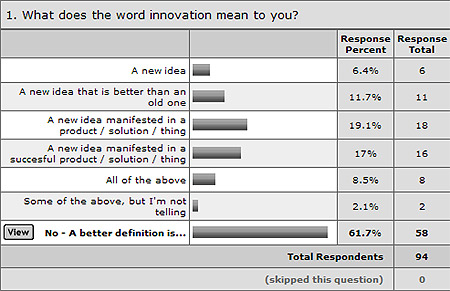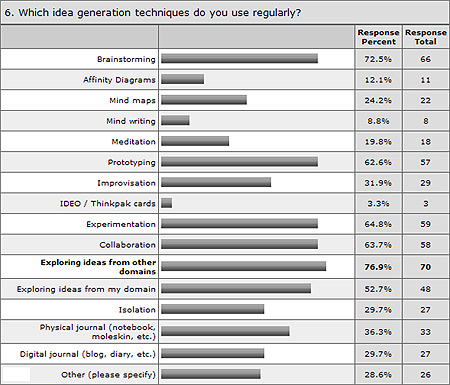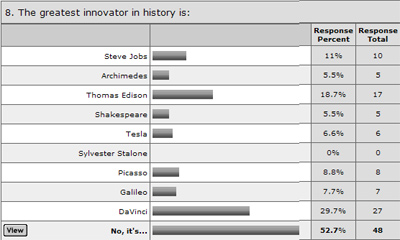No, not Steven Guttenberg. The other one.
Johann Gutenberg’s name appears on most Western lists of the most influential people in history, often in the top 10, sometimes as #1. In the U.S. most people know him as either the inventor of the printing press, or the creator of movable type: but it turns out neither claim is accurate.
It’s a well established fact that the Chinese had used movable type printing of various kinds in the 13th century. The Chinese also invented paper, and contributed, along with the Greeks, to various inking and writing techniques.
Gutenberg deserves credit for 3 significant things:
- Masterful improvements to movable type techniques. The level of craftsmanship he applied to various elements, from inks, to moldings, to a variation on the screw press, was impressive. But he didn’t invent inks, moldings, or the concept of movable type, only variations, enhancements and modifications to them.
- Engineered a high quality, efficient printing system. Much like how Edison didn’t invent the lightbulb, but did create the first light/power system, Gutenberg was the first Westerner to make all the pieces work in a functional, affordable, reproducible system. Though sadly for his bank account, he didn’t profit from the system, but did prove it could work.
- Created beautiful bibles that successfully combined new typographic and printing techniques. The bibles he printed were aesthetic and functional improvements on previous printing works and were exceptional proofs of concept for the viability of print production.
 Gutenberg’s major asset in these achievements, beyond the luck of a well funded partner, was the Western alphabet: movable type stalled in China because their character set is enormous, compared to the 20-26 of most Western languages. This was the conceptual turning point that made his improvements possible. Instead of designing a system to support 150 characters, he only needed to support 23.
Gutenberg’s major asset in these achievements, beyond the luck of a well funded partner, was the Western alphabet: movable type stalled in China because their character set is enormous, compared to the 20-26 of most Western languages. This was the conceptual turning point that made his improvements possible. Instead of designing a system to support 150 characters, he only needed to support 23.
Gutenberg’s place in history was not secure in his lifetime – he died relatively obscure and certainly poor. Little was written about him at the time, and our knowledge of his thoughts on his work are extremely limited. There’s no evidence that he had any noble ambitions for freeing knowledge, improving the world or (re)paving the way for democracy.
So for the history of innovation, and the most influential people in the last 1000 years, Gutenberg’s place is well-overstated. He is at best credited with exceptional craftsmanship and evolution of an idea – developments that likely would have happened in the West without him – and his intellectual and creative contributions pale in comparison to Newton, Galileo, Copernicus, Pasteur, Tesla, Einstein or dozens of others typically ranked well below Gutenberg on these lists.
Arnold Pacey’s great book on innovation history, The mazes of ingenuity, has this to say in explanation of Gutenberg’s inflated profile:
“The idea that Gutenberg was the sole inventor the printing press grew up at the end of the 15th century, at a time when people had come to think of the work of any great artist, or poet, or inventor, as the product of special creative genius which the majority of ordinary men did not posses.”
And James Burke, in Connections, writes:
Even as we name Gutenberg, the canonical inventor of that technology, the Chinese trump us once more. In AD 1045, a printer named Pi-Sheng did almost what Gutenberg would do 410 years later. He shaped individual characters on the ends of small square clay rods and aligned them face up, in a shallow tray lined with warm wax. He laid a board across the array and pressed it down until each character was at exactly the same level. When the wax cooled he used this array to print images.
Like many myths of innovation I discovered while researching the book The Myths of Innovation, it was socially and politically convenient for Western society to consolidate the development of printing under the heroic image of a local sole inventor, rather than the more accurate truth of printings development by many people primarily from foreign cultures.
The Internet age is filled with similiar conveniences in assigning credit for things like the Internet, the web browser, and the PC.
Who do you think is overrated in their influence today? And why?
References:


 Gutenberg’s major asset in these achievements, beyond
Gutenberg’s major asset in these achievements, beyond 

 SXSW
SXSW





 One thing I strive for is universal themes: finding points that connect different fields and backgrounds. So I’m psyched to be a speaker at the
One thing I strive for is universal themes: finding points that connect different fields and backgrounds. So I’m psyched to be a speaker at the  I’m bad at blogging while on vacation – the swich in my head for blogging goes off, which explains two weeks of zero posts.
I’m bad at blogging while on vacation – the swich in my head for blogging goes off, which explains two weeks of zero posts.
 One question that’s coming up in in
One question that’s coming up in in